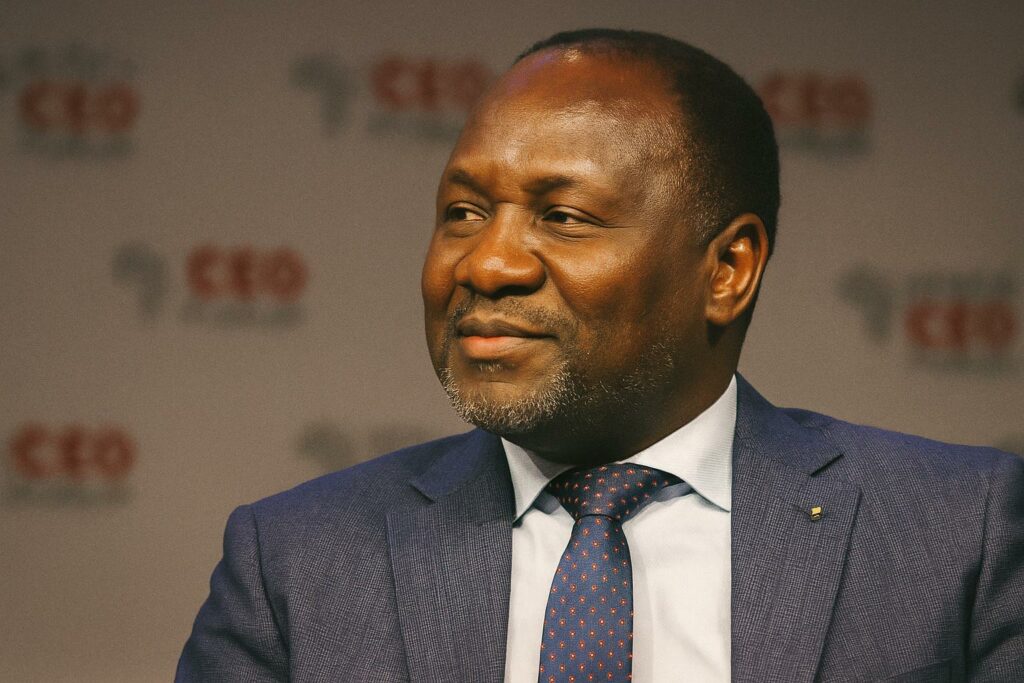Ivory Coast’s Ambitious Energy Vision
The Republic of Ivory Coast aims to significantly bolster its oil output, setting a target to reach 200,000 barrels per day by 2030. This ambitious initiative underlines the country’s vision to fortify its position in the global energy sector, doubling its current production capacity, which stands at under 100,000 barrels daily.
Strategic Milestone in the Energy Sector
In parallel with its oil aspirations, the Ivorian government has unveiled plans to elevate natural gas production to 600 million cubic feet per day. These developments are part of a comprehensive strategy detailed in the newly launched Petroleum Logistics Master Plan, intended to harness the nation’s vast hydrocarbon resources efficiently. According to the Ministry of Mines, Petroleum, and Energy, this roadmap involves infrastructural advancements and technological enhancements to achieve these goals.
Economic Implications and Regional Influence
The move is anticipated to propel economic growth and attract substantial foreign investment, thereby strengthening Ivory Coast’s geopolitical influence in West Africa. Experts suggest that this elevation in production capacity could bolster the nation’s GDP and create extensive job opportunities within the energy sector, contributing positively to the socio-economic landscape.
Challenges and the Global Energy Context
While the roadmap is promising, challenges such as fluctuating global oil prices, environmental sustainability, and the need for adherence to international energy regulations remain. Industry analysts point out the necessity for Ivory Coast to strike a balance between energy expansion and environmental stewardship, particularly in the face of rising global calls for sustainable energy practices.
Global Partnerships and Technological Integration
To realize these aspirations, Ivory Coast seeks to forge strategic partnerships with international energy firms and leverage cutting-edge technology to optimize exploration and extraction processes. The collaboration with global energy giants could provide the technical prowess and investment required to meet these ambitious targets, positioning the country as a pivotal oil and gas hub in Africa.

